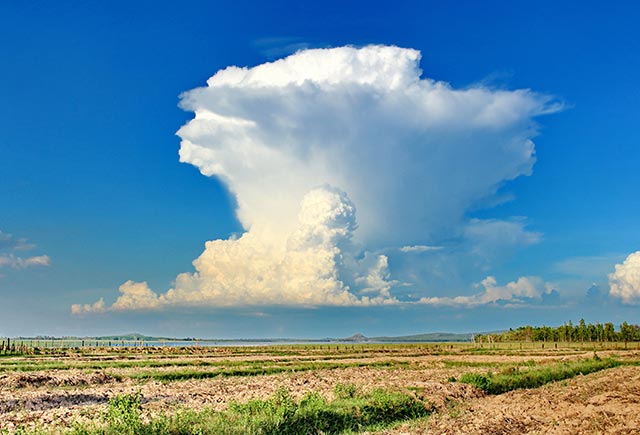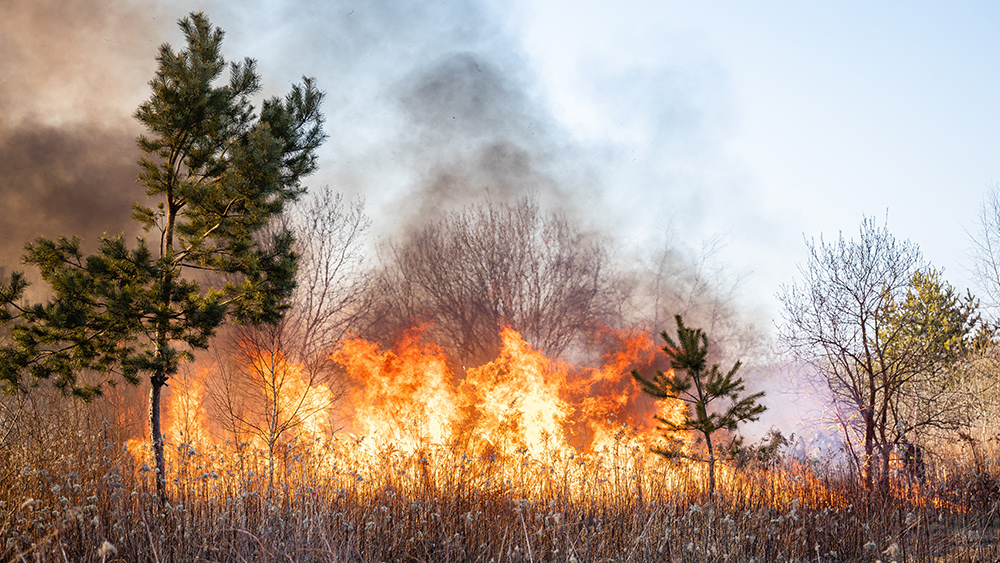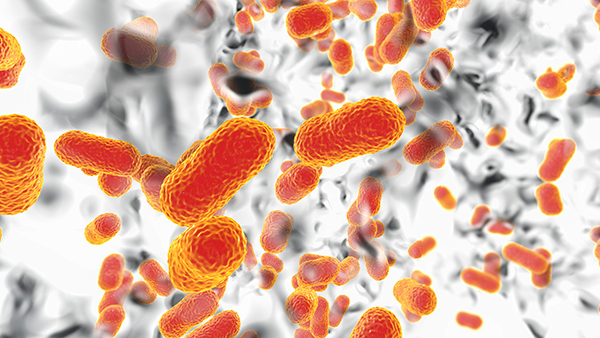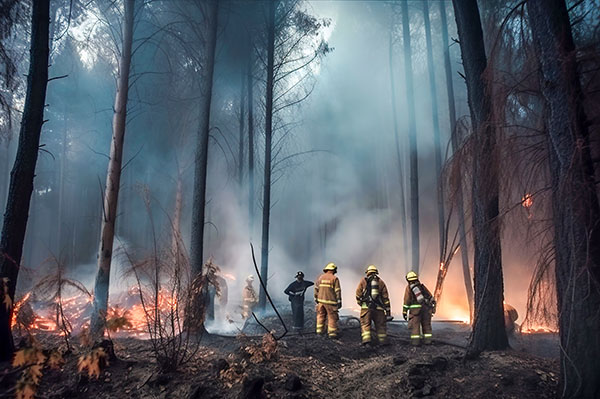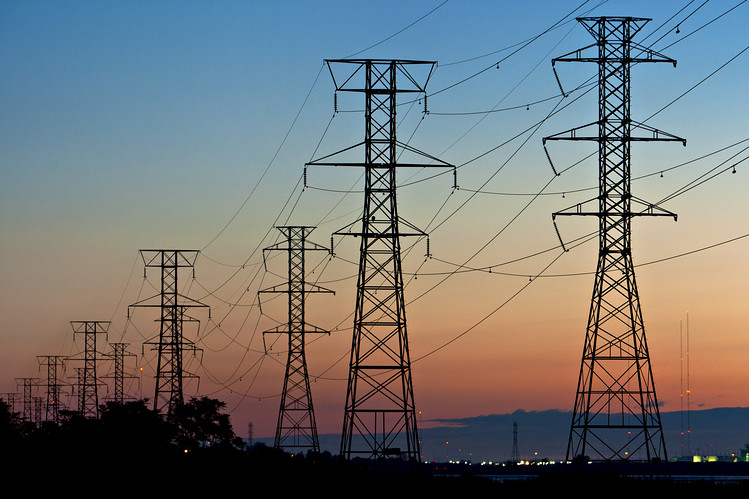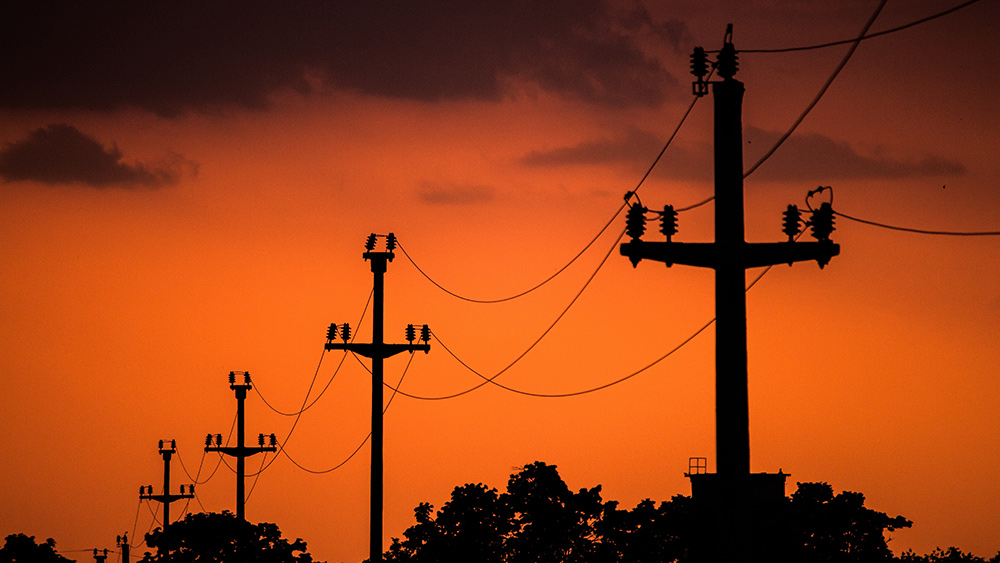Climate alarmism deemed ‘real mental disorder’: Wall Street Journal
08/07/2023 / By JD Heyes

The author of a column published in The Wall Street Journal this week makes it very clear how she feels about people who are scared to death that SUVs and cattle flatulence are driving “climate change” and are destroying the planet.
In a searing column on Monday, Allysia Finley said that panicked reporting and statements from government officials regarding this summer’s heat wave are “fueling mental derangements” and driving some people over the edge.
“The media wants you to know it’s hot outside. ‘Heat health emergency: Nearly half the US at risk,’ CNN proclaimed last week as temperatures climbed above 90 degrees in much of the country,” Finley begins. “If heat waves were as deadly as the press proclaims, Homo sapiens couldn’t have survived thousands of years without air conditioning. Yet here we are. Humans have shown remarkable resilience and adaptation—at least until modern times, when half of society lost its cool over climate change.”
A recent Bloomberg headline warns, “Extreme Temperatures Are Hurting Our Mental Health,” attributing every social problem to climate change. However, it is the alarmist stories about bad weather, rather than the warm summer air itself, that may be fueling mental stress and concerns worthy of the DSM-5, she added.
The Bloomberg article refers to a July meta-analysis published in the medical journal Lancet, which suggests a weak connection between higher temperatures and suicides and mental illness. However, the study acknowledges that the evidence is of “low certainty” due to variations in study findings, methodologies, measured variables, and definitions.

In addition, the authors note that “climate change might not necessarily increase mental health issues because people might adapt over time, meaning that higher temperatures could become normal and not be experienced as anomalous or extreme.”
Indeed, she continues, prior to the media’s focus on potential temperature records, heat waves were generally considered a regular part of summer. While uncomfortable, they were not overly concerning. The scientific evidence supporting such temperature records is also considered weak, which further adds to the skepticism surrounding their significance.
But a World Health Organization report last year claimed that the very “awareness of climate change and extreme weather events and their impacts” could cause severe issues “including strained social relationships, anxiety, depression, intimate-partner violence, helplessness, suicidal behavior and alcohol and substance abuse,” Finley wrote.
In 2021, a study of young adults aged 16 to 25 from ten countries, including the U.S., revealed that 59 percent of them were very or extremely concerned about climate change, with 84 percent expressing at least moderate worry. Alarmingly, 45 percent of the participants reported being so anxious about climate change that it interfered with their ability to function on a daily basis, meeting the criteria for an anxiety disorder, Finley pointed out.
“First and foremost, it is imperative that adults understand that youth climate anxiety (also referred to as eco-anxiety, solastalgia, eco-guilt or ecological grief) is an emotionally and cognitively functional response to real existential threats,” a May 10 editorial in the journal Nature said. “Although feelings of powerlessness, grief and fear can be profoundly disruptive—particularly for young people unaccustomed to the depth and complexity of such feelings—it is important to acknowledge that this response is a rational one.”
One can’t help but observe, Finley said, that many people today view hot weather as abnormal, much like how they perceive everyday emotions such as anxiety or sadness. However, it’s important to recognize that climate anxiety is not a normal response, despite some assertions made by the left.
“Climate hypochondriacs deserve to be treated with compassion, much like anyone who suffers from mental illness. They shouldn’t, however, expect everyone else to enable their neuroses,” she concluded.
Sources include:
Submit a correction >>
Tagged Under:
absurd, anxiety, chaos, Climate, climate hoax, climate hypochondriacs, climate lies, hoax, left cult, lies, mental disorder, mental health, sadness
This article may contain statements that reflect the opinion of the author


